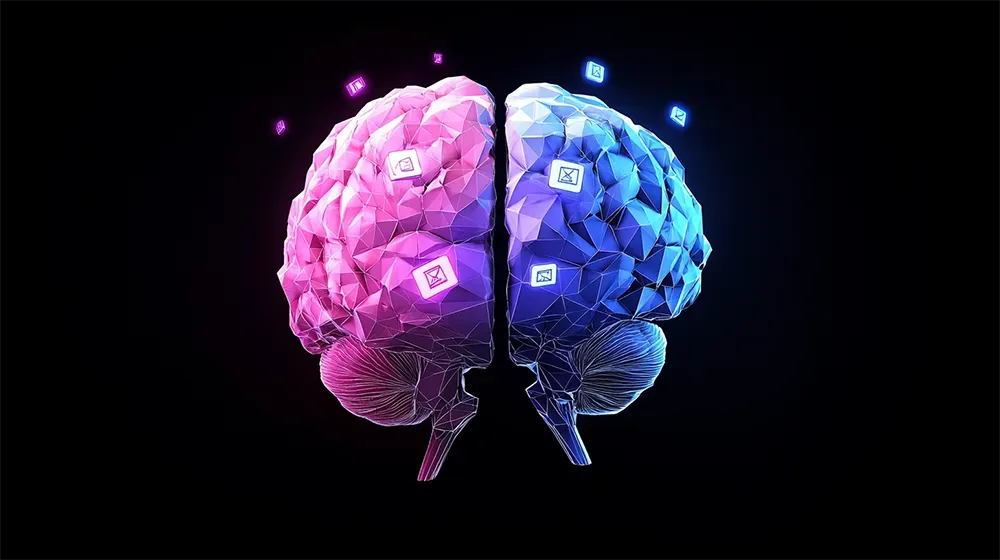Who Owns Your Memory Now? AI’s Data Grab Gets Personal

Your AI assistant remembers your diet, your birthday, and maybe your last argument, but who gave it permission to be your second brain?
AI giants, including OpenAI, Google, Meta, and Microsoft, are racing to turn their chatbots into digital memory vaults, storing user preferences and histories to boost personalization, profits, and platform stickiness.
That means more relevant replies, but also more risk. These memory features, like Google’s Gemini logging your search habits or Microsoft’s Recall capturing screenshots, blur the line between helpful assistant and silent manipulator.
Meanwhile, Meta and OpenAI inch closer to monetizing memories via ads and affiliate links.
- OpenAI lets users view, edit, or erase memories.
- Microsoft’s Recall feature screenshots activity unless paused.
- AI memory risks include hallucinations, bias, and manipulation.
The more data AI remembers, the harder it becomes to forget who’s really in charge. Is a more helpful assistant worth trading your autonomy, and who really benefits when AI remembers everything but its place?
Read the full article on Financial Times.
----
💡 We're entering a world where intelligence is synthetic, reality is augmented, and the rules are being rewritten in front of our eyes.
Staying up-to-date in a fast-changing world is vital. That is why I have launched Futurwise; a personalized AI platform that transforms information chaos into strategic clarity. With one click, users can bookmark and summarize any article, report, or video in seconds, tailored to their tone, interests, and language. Visit Futurwise.com to get started for free!






